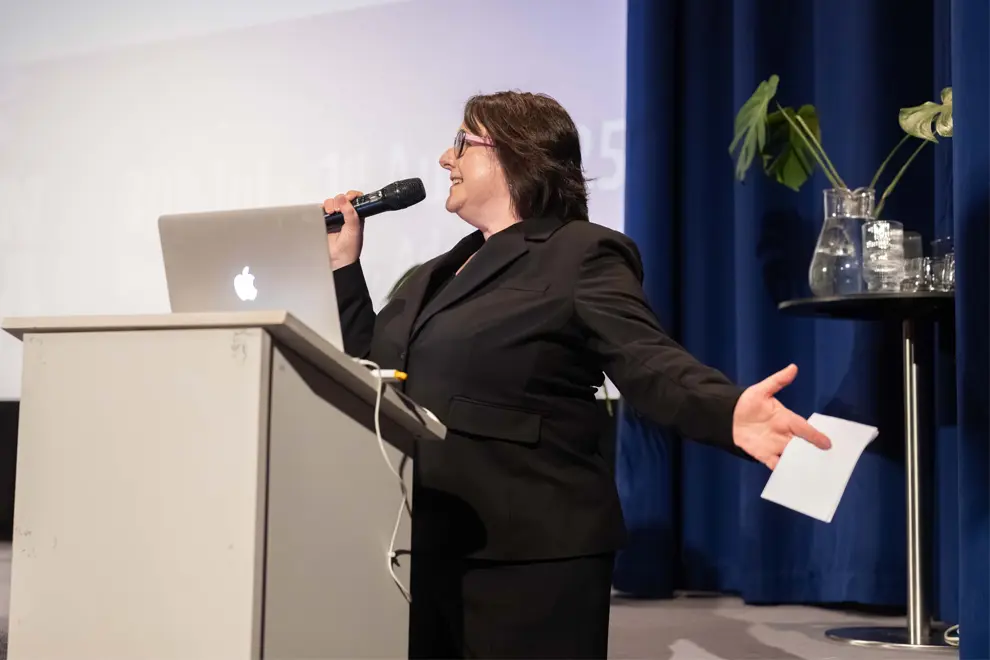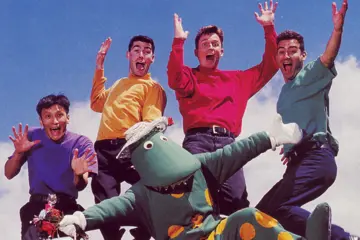As AI remains a major talking point within all industries – not just within the music sector – the Australian Independent Record Labels Association (AIR) has released a statement in opposition of proposed exceptions to the Copyright Act.
Last week, it was reported that the Productivity Commission has released its Harnessing Data And Digital Technology report, with the interim report specifically touching on the idea of a “fair dealing” exception when it comes to text and data mining.
For those unaware, these exceptions effectively note that the Productivity Commission is open to the idea of allowing AI to train itself on copyrighted Australian works, namely due to the fact that the Commission estimates it could result in $116 billion in revenue for the Australian economy over the next decade.
In a statement released by AIR today, the organisation has outlined its stance on such exceptions, specifically noting it “firmly opposes” such proposals.
“Rather than being a barrier, copyright is the foundation of innovation, enabling it by balancing rights and protections,” the statement reads.
Don't miss a beat with our FREE daily newsletter
“Any amendment to the Copyright Act to include a new AI exception would represent a dangerous step backwards, undermining the rights of creators and unrestrictedly allowing multinational corporations to exploit creative works without permission or payment.”
Per AIR, the current state of play for AI means that technology companies are currently allowing using such exemptions to train itself on copyrighted materials – such as music – to train itself.
While this might sound relatively nonthreatening on paper, it’s important to note that the creators of said materials are not compensated or asked for consent, effectively resulting in “lucrative business models based on training their algorithms with artists' works and generating original content that competes directly with the creative works used for training.”
“The current copyright regime is fit for purpose and does not need exceptions to serve AI development that would strip Australian creators of their rights and jeopardise their ability to earn a living,” the statement continues.
“Responsible partnerships between rights holders and AI developers are already possible without weakening existing laws. Introducing exceptions risks triggering a race to the bottom, undermining efforts to foster ethical AI development and a well-regulated, negotiated licensing market for AI.
“Australian independent music businesses play a key role in promoting local diversity and creativity,” it adds. “They are true innovators who embrace new technologies and the vast potential of AI for music creation, production, distribution and promotion.”
Notably, AIR pointed out that the recent Indie-Con event in Adelaide saw AI as a major talking point, while last year saw the indie community put forward the WIN Principles for Generative AI, which calls for AI that ensures a priority on human creativity, safety, transparency, and respect for copyright.
“This is the way forward: not unilateral exceptions that allow global tech companies to exploit Australian music, which are opposed by the wider Australian creative community,” the statement concludes.
“As a sector, we welcome new legislation in the field of AI, but this interim report misses the mark. We urge the government not to go down this route and risk generativeAI replacing human labour in all creative fields so that we can continue to enjoy the unique contributions artists make to our lives.”
“We commend the previous Senate's report on AI, which rightly recommended that the Australian government require AI developers to be transparent about their use of copyrighted works in training datasets and ensure that this use is properly licensed and compensated,” added AIR CEO Maria Amato.
“This is the kind of forward-thinking leadership Australia needs to protect and champion its creative community.”
View the full statement from AIR on the organisation’s website.
















